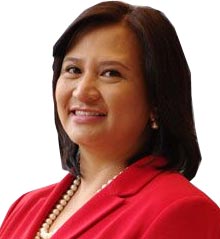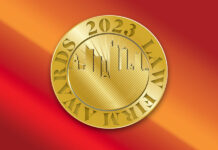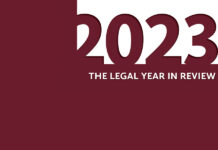Navigation
China | Philippines | South Korea | Taiwan | U.A.E
The Philippines is one of the fastest-growing economies in Southeast Asia. In 2017, the World Bank projected the Philippines to be the world’s 10th-fastest growing economy, with GDP growth at 6.7% – markedly higher than its 3.68% average annual GDP growth rate between 1982 and 2016.

Senior Partner at Cruz
Marcelo & Tenefrancia in Manila
Tel.: +63 2810 5858
Mobile no: +63 9178569651
dr.rivera@cruzmarcelo.com
The Philippine economy is built on remittances from overseas Filipino workers, who contributed US$33 billion to the country’s US$400 billion GDP in 2017. However, the country’s financial literacy is ironically low. Access to financial services is not universal, with the Bangko Sentral ng Pilipinas (BSP), the country’s central bank and financial regulator, estimating that 10% of local government units remain unbanked. Despite being the third-largest country for remittance inflow, Philippine remittance costs are high compared to the global average estimated by the World Bank, at 7.4% for every US$200.
It is in this context that cryptocurrency usage in the Philippines has grown. Yet the volatility inherent in a decentralized currency has given rise to concerns that cryptocurrency may be used to defraud financially illiterate Filipinos. Moreover, that cryptocurrencies were designed precisely to circumvent global governmental regulation poses serious challenges for a country that has only recently skirted the money laundering blacklist and is beset by terrorism-financing propensities.
Hence, Philippine regulators are faced with a unique quandary arising from a conflict between, on one hand, allowing access to financial services through cryptocurrencies and, on the other, preventing the Philippines from becoming a hotbed of money laundering, terrorism financing and cybercrime. Notwithstanding the essential difficulties in regulating cryptocurrencies, Philippine regulators have embarked on initiatives to balance these policies.
You must be a
subscribersubscribersubscribersubscriber
to read this content, please
subscribesubscribesubscribesubscribe
today.
For group subscribers, please click here to access.
Interested in group subscription? Please contact us.
你需要登录去解锁本文内容。欢迎注册账号。如果想阅读月刊所有文章,欢迎成为我们的订阅会员成为我们的订阅会员。
9, 10, 11 and 12 Floors, One Orion
11th Avenue corner University Parkway
Bonifacio Global City, Taguig City 1634
Philippines



























